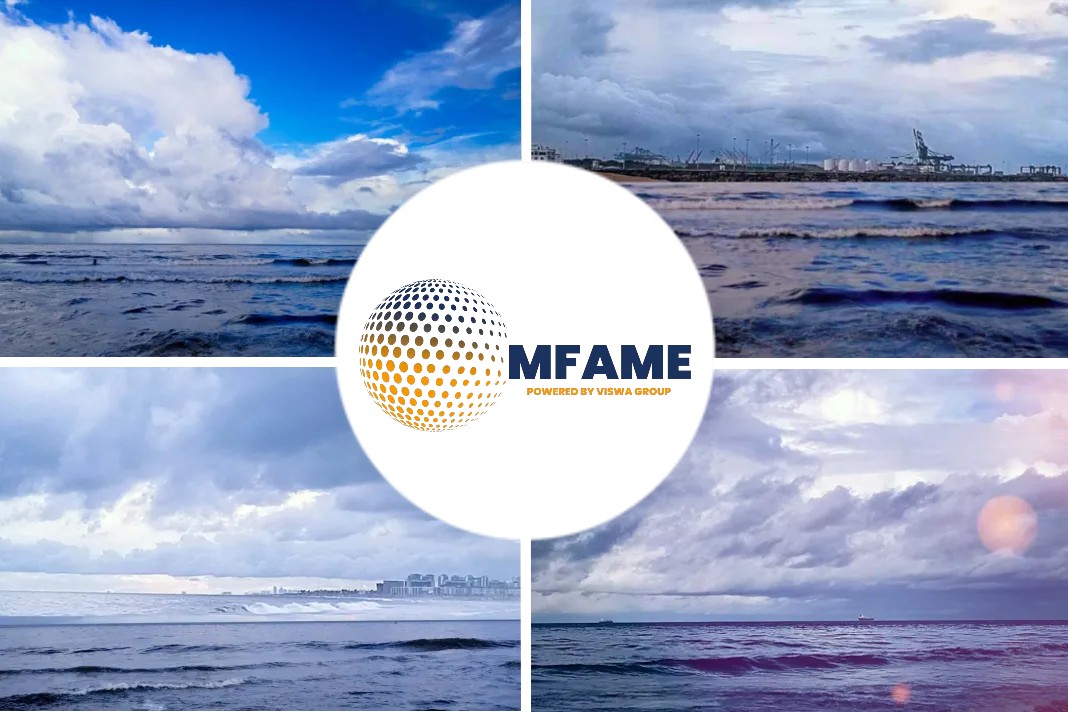- A group of nine multinational companies has committed to only using zero-emissions shipping by 2040.
- The shipping sector currently accounts for approximately 3% of the world’s greenhouse gas (GHG) emissions.
- Shipping firms are taking steps to explore the different types of zero-carbon fuels, but these efforts have brought into sharp focus the supply problems.
A group of nine multinational companies has committed to only using zero-emissions shipping by 2040, says an article published on their argus media website.
Zero Emission Vessels (coZEV) group
The Cargo Owners for Zero Emission Vessels (coZEV) group has been set up by the Aspen Institute, a US-based non-profit organisation.
It comprises tech giant Amazon, Swedish furniture company Ikea, Spanish fashion firm Inditex, tyre maker Michelin, consumer goods firm Unilever, sports equipment company Brooks Running, UK bicycle manufacturer Frog Bikes, outdoor clothing maker Patagonia and German coffee firm Tchibo.
Commitment of group
The group has committed to only using ships that run on zero-carbon fuels to carry their goods by 2040. The shipping sector currently accounts for approximately 3% of the world’s greenhouse gas (GHG) emissions and 10-15pc of global sulphur and nitrous oxide emissions.
The International Maritime Organisation (IMO) wants to see a 40% reduction in CO2 emissions from shipping by 2030 compared with 2008 levels, and a cut of at least 70% by 2050. It is targeting a 50% reduction in overall GHG emissions by 2050, again compared with 2008 levels.
These targets have been criticised for lacking ambition, both by the UN secretary-general Antonio Guterres and by the International Chamber of Shipping, which recently urged the IMO to aim for net zero emissions by 2050. The coZEV group said it wants to see shipping fully decarbonised by 2050 at the latest.
Efforts have brought into sharp focus the supply problems
Candidates for zero-carbon marine fuels include green hydrogen and green ammonia. The industry is also looking at marine biofuels, green methanol and synthetic LNG as a way of reducing GHG emissions.
But as it stands, zero-carbon fuels are not yet used anywhere in the world, not least because a lack of bunkering infrastructure and supply makes then prohibitively expensive.
The price of 0.5% sulphur fuel oil, the most widely used marine fuel at the moment, averaged $609/t and $581/t in Singapore and Rotterdam respectively in the week to 15 October.
Over the same period, Argus assessed green ammonia in northwest Europe at $2,660/t on a 0.5% fuel oil-equivalent basis. Even LNG, which is growing in popularity as a marine fuel, is significantly more expensive than existing bunker fuels.
It was assessed at $1,444/t in northwest Europe on a 0.5pc fuel oil-equivalent basis in the week to 15 October.
Shipping firms are taking steps to explore the different types of zero-carbon fuels, but these efforts have brought into sharp focus the supply problems associated with decarbonising the maritime sector.
For example, Denmark’s Maersk, the world’s biggest bunker consumer in 2020, recently ordered nine containerships that will be able to operate on green methanol in the future.
But the firm estimates that it will need 350,000 t/yr of green methanol to run those nine ships, whereas global production is forecast at just 30,000t this year.
Did you subscribe to our daily newsletter?
It’s Free! Click here to Subscribe!
Source: argusmedia.com



















